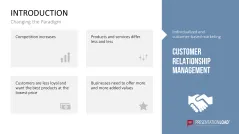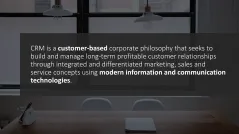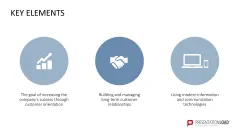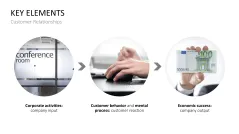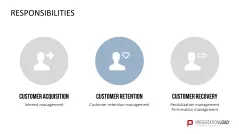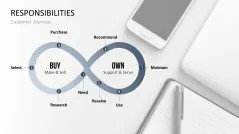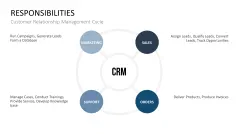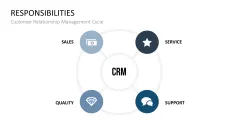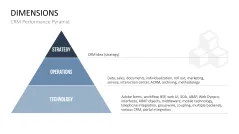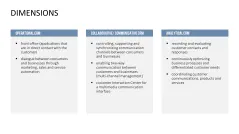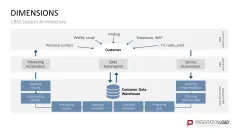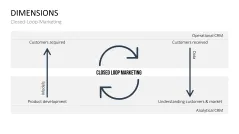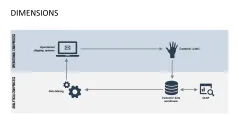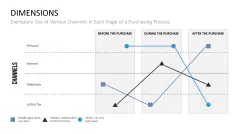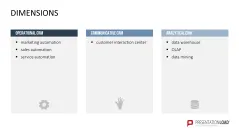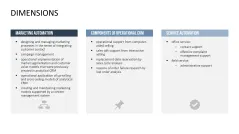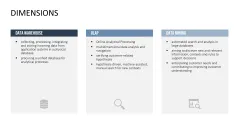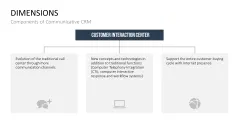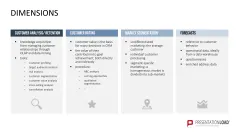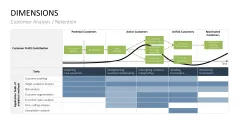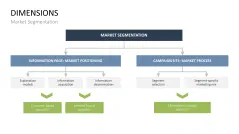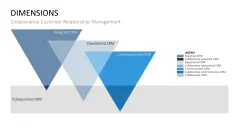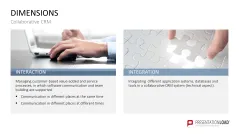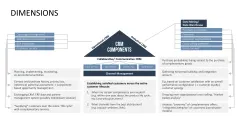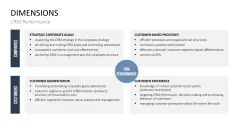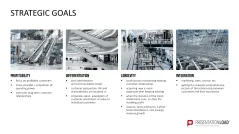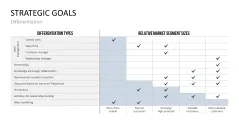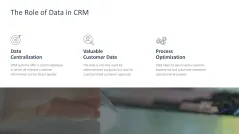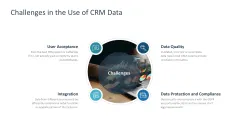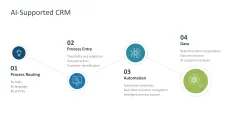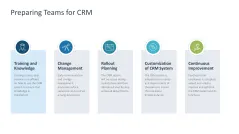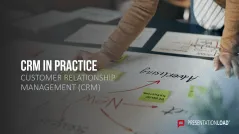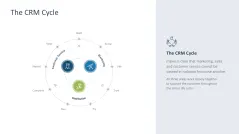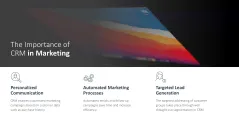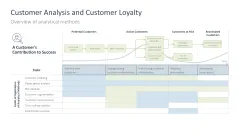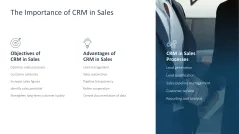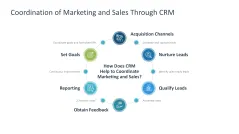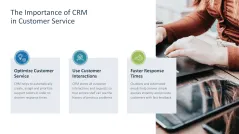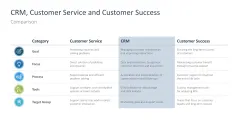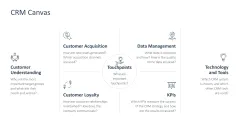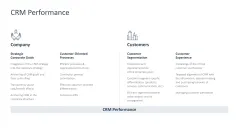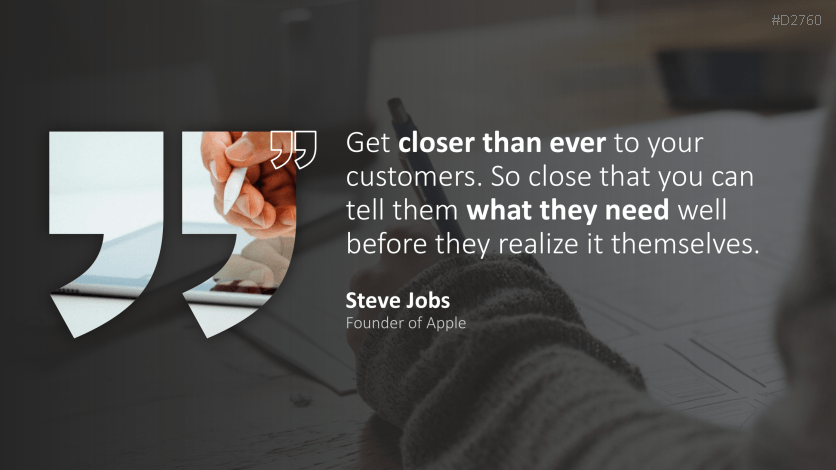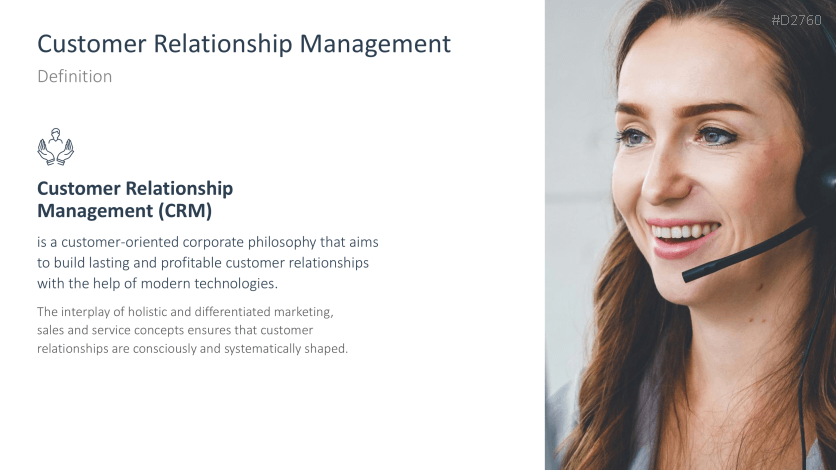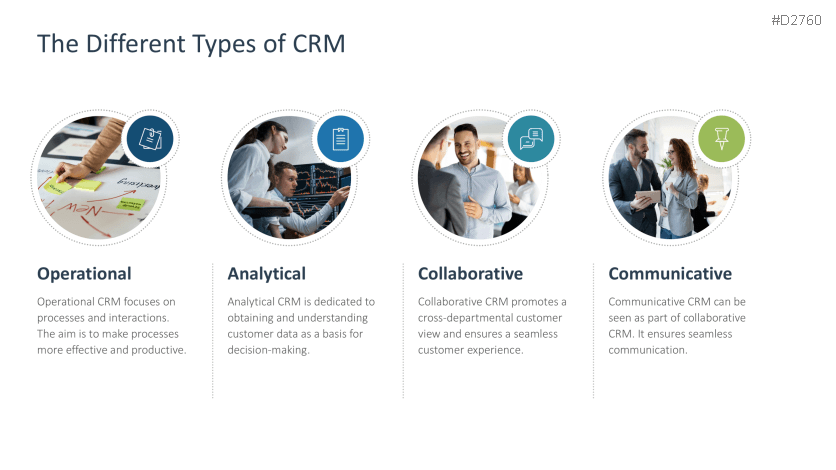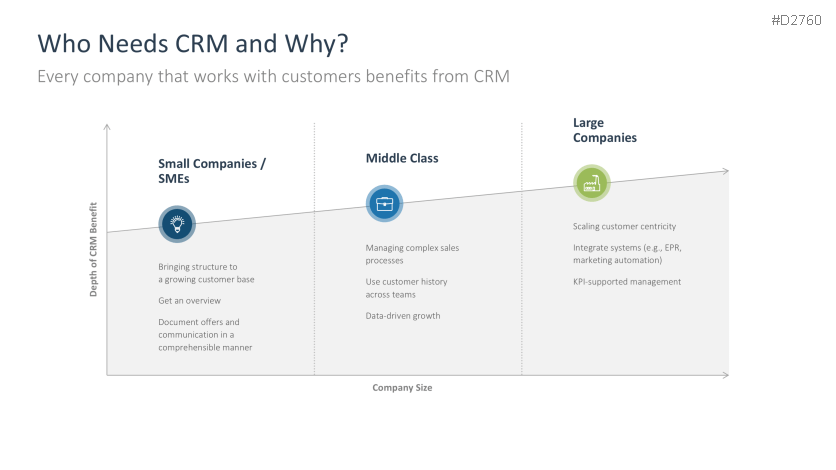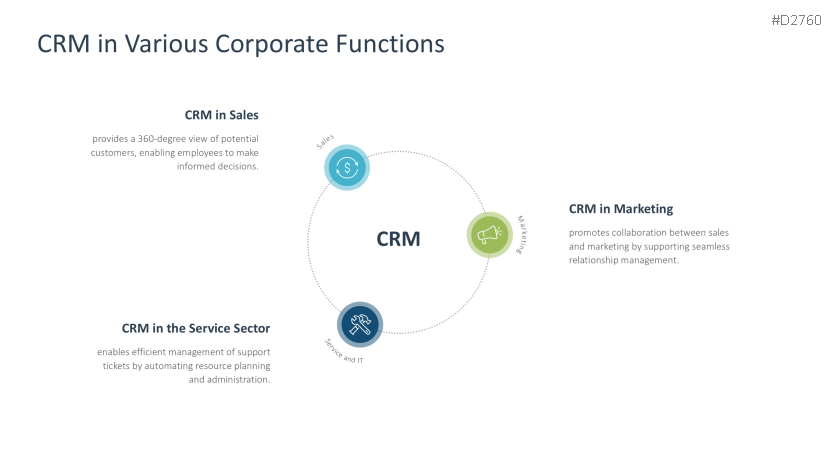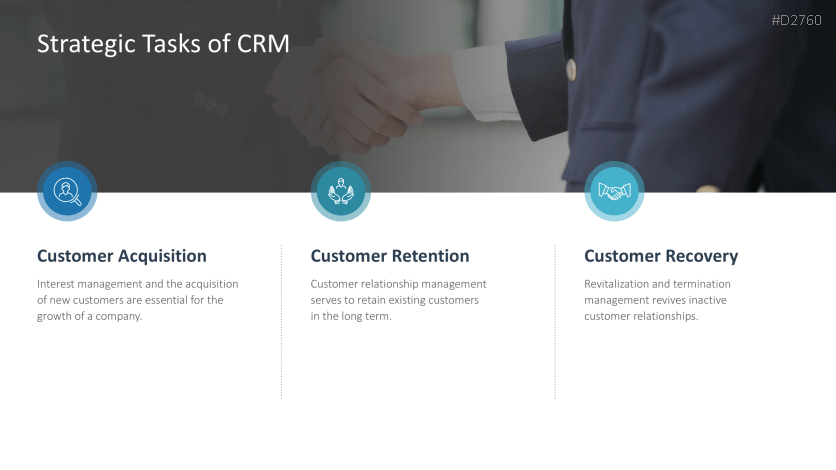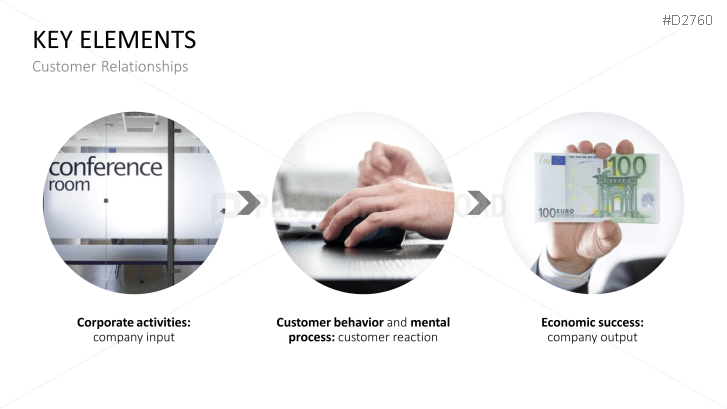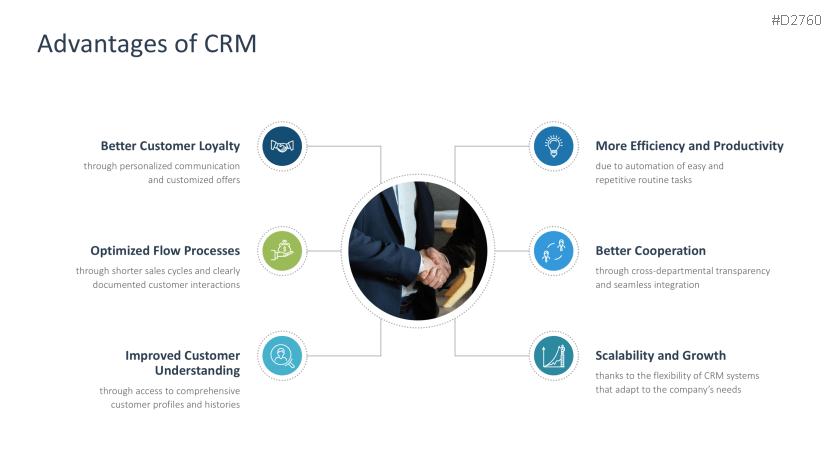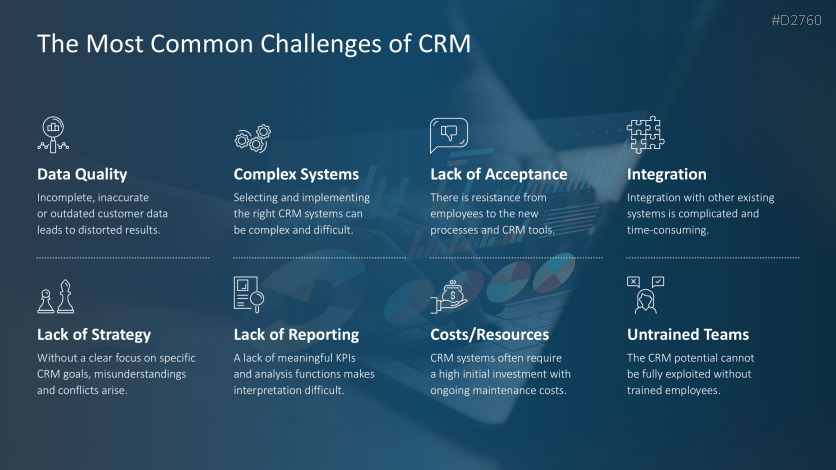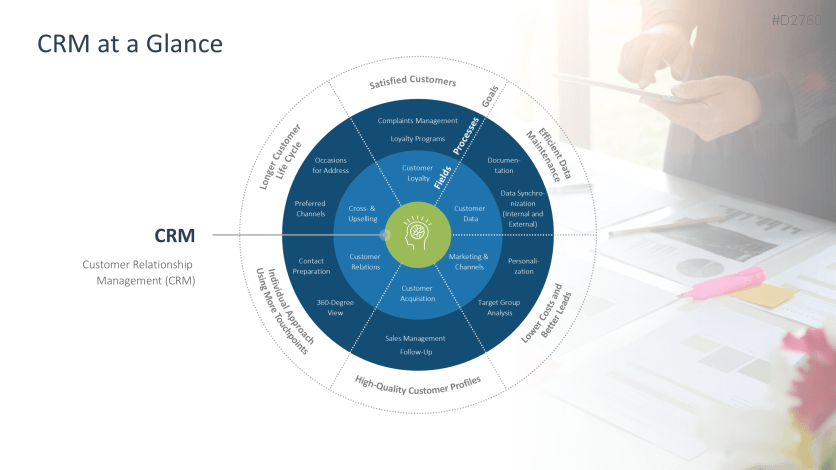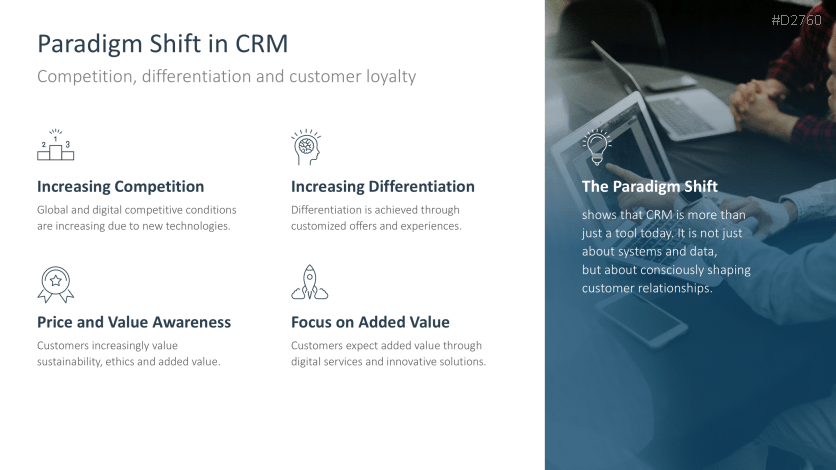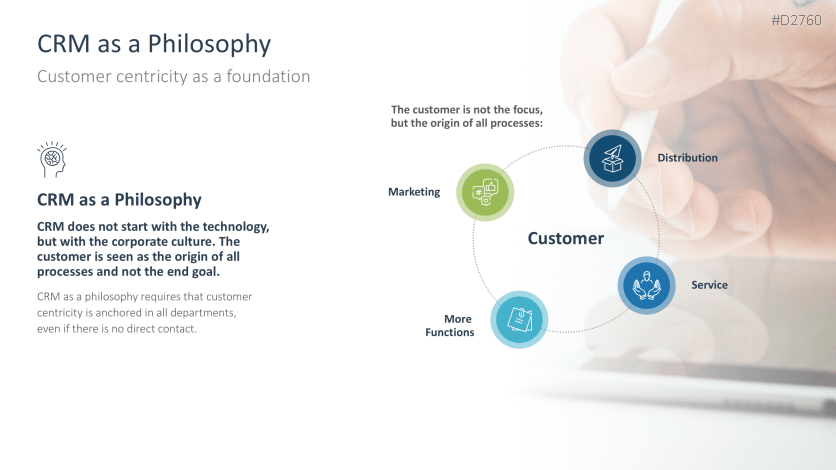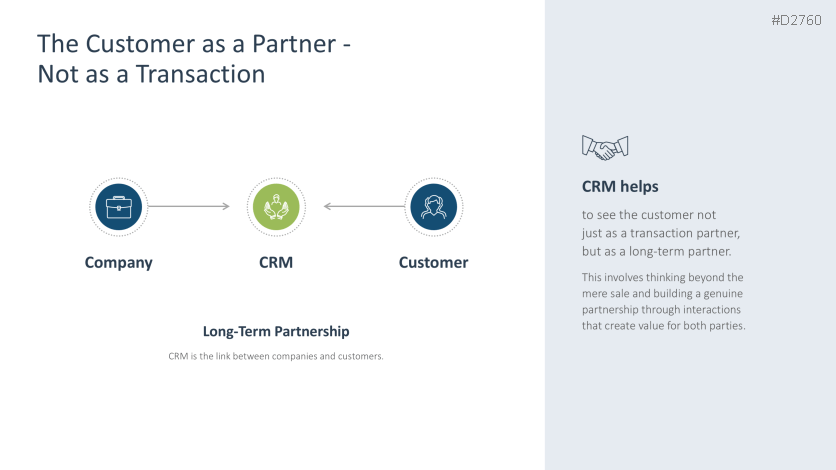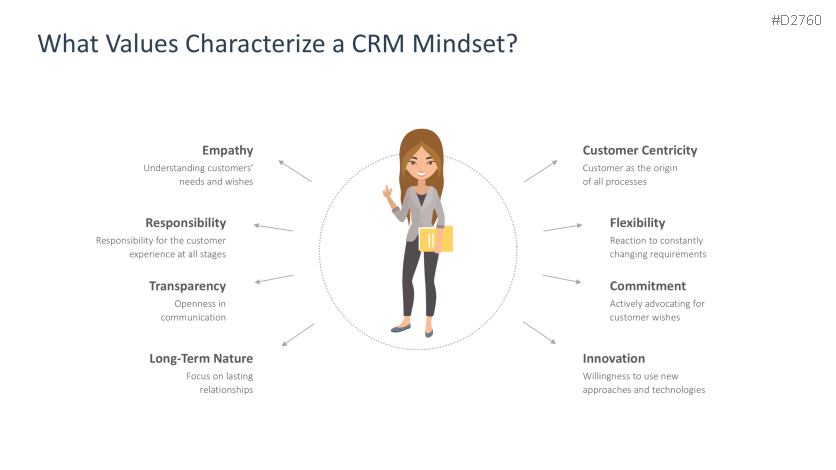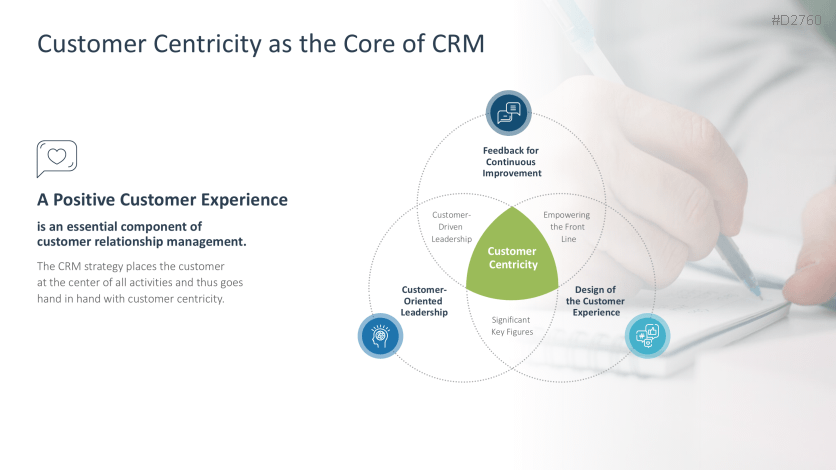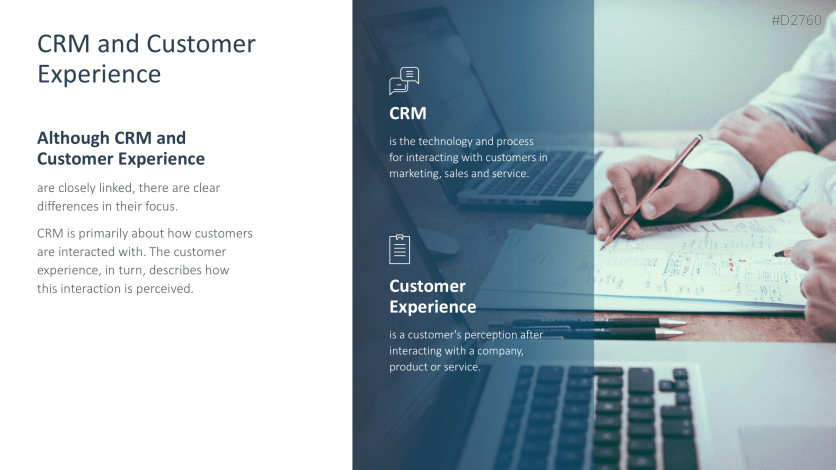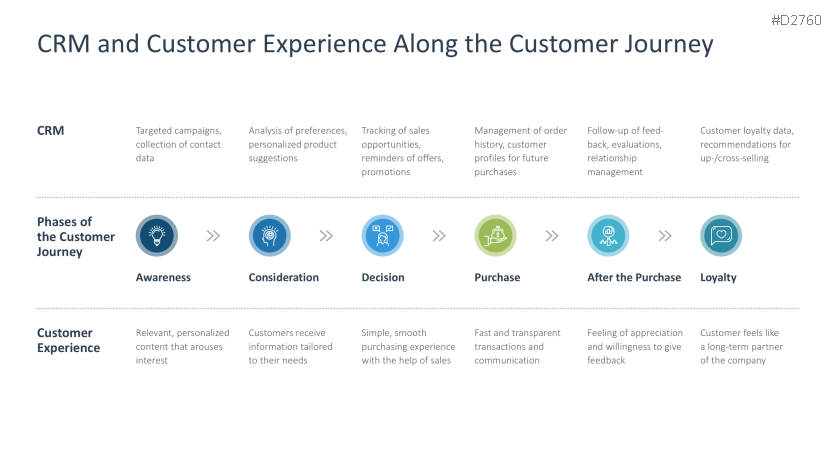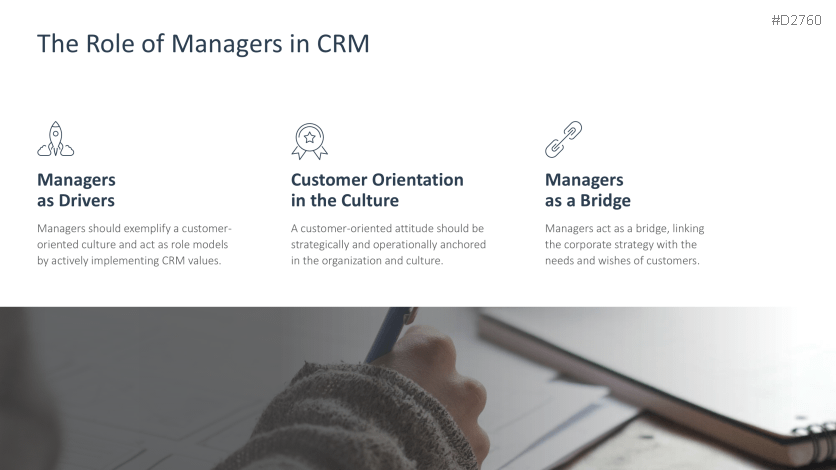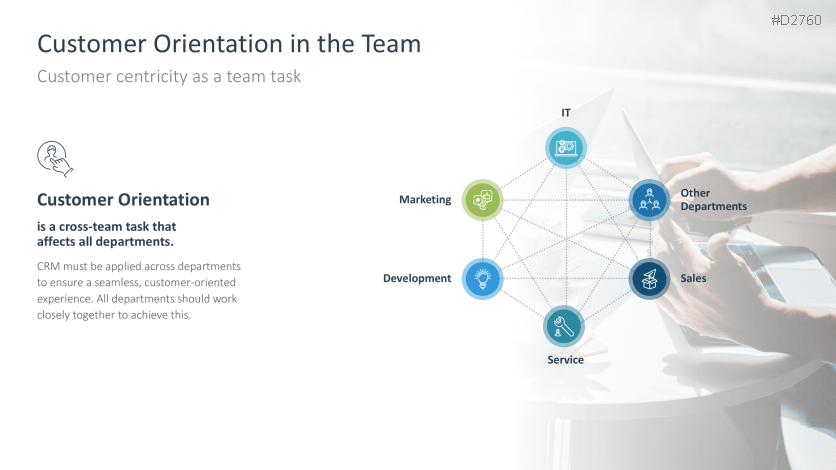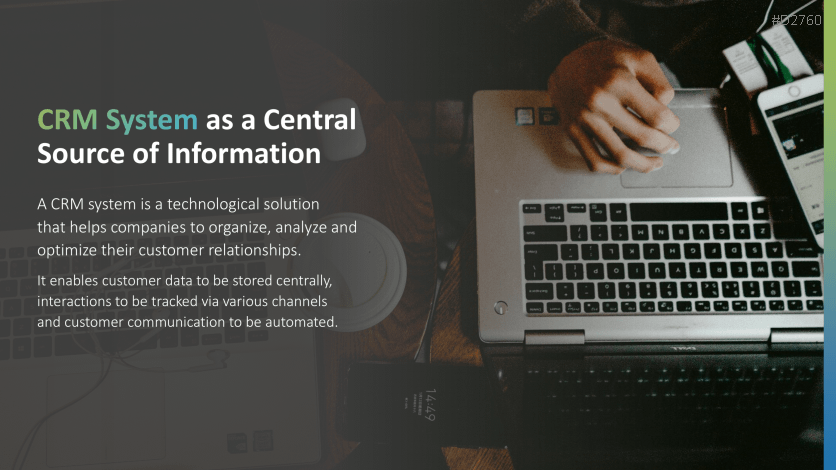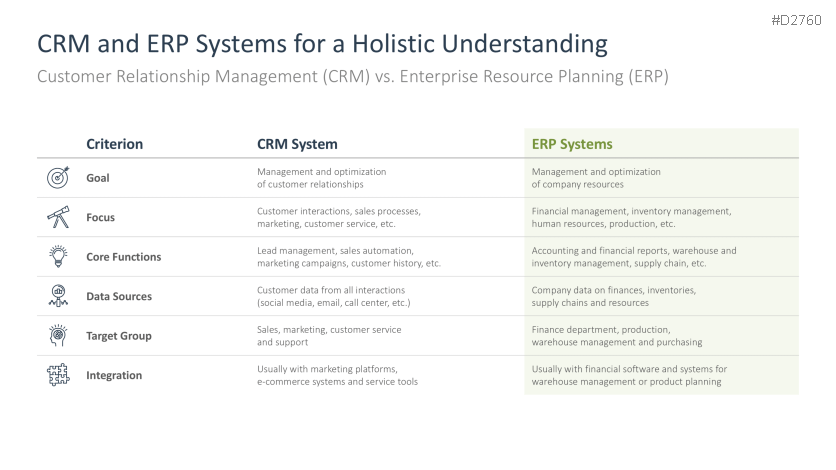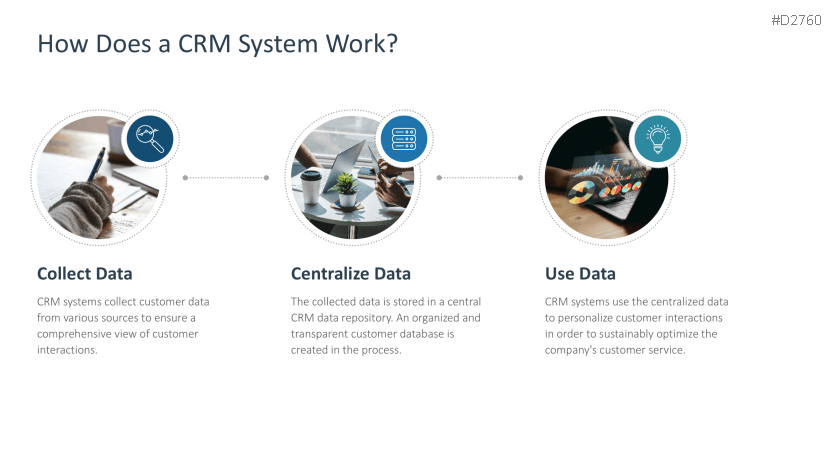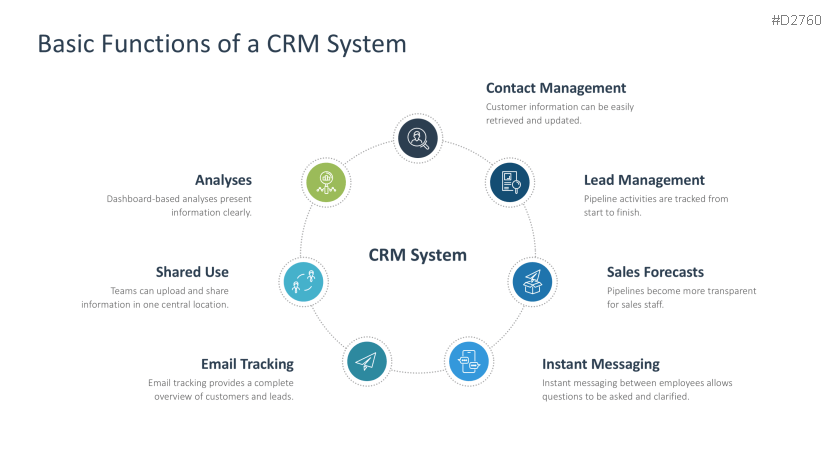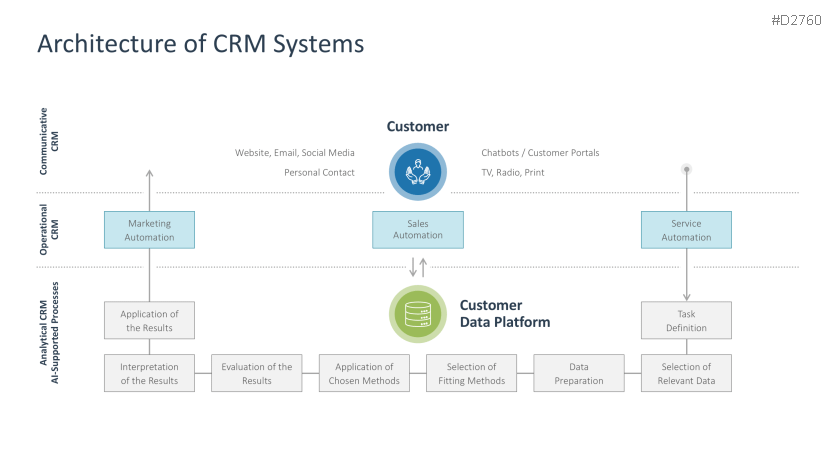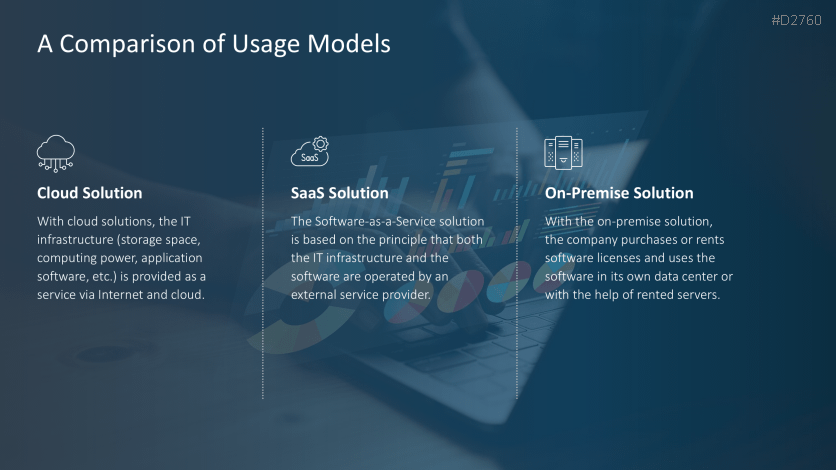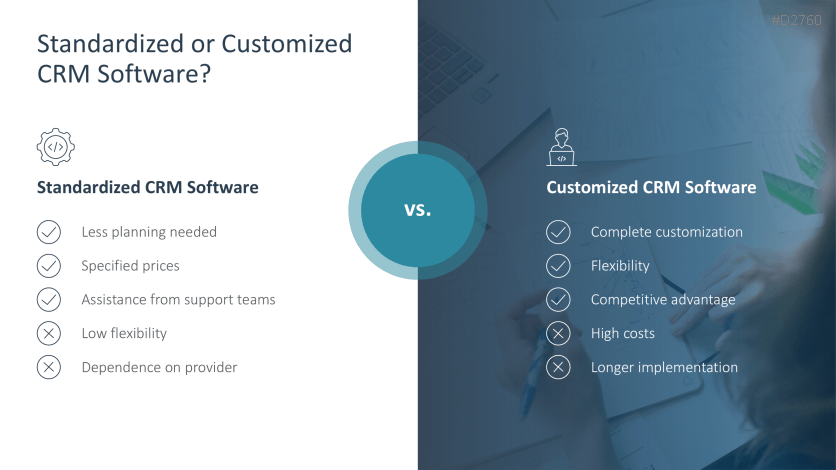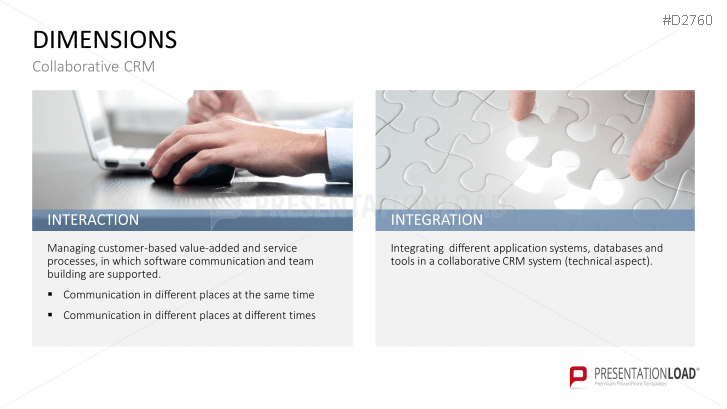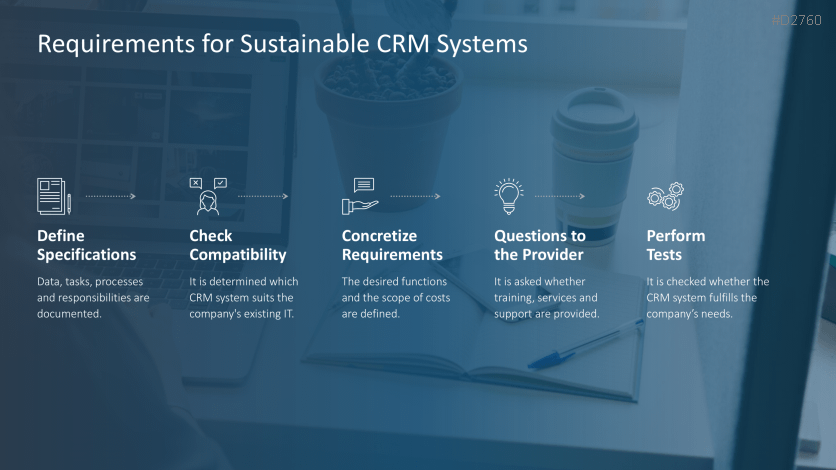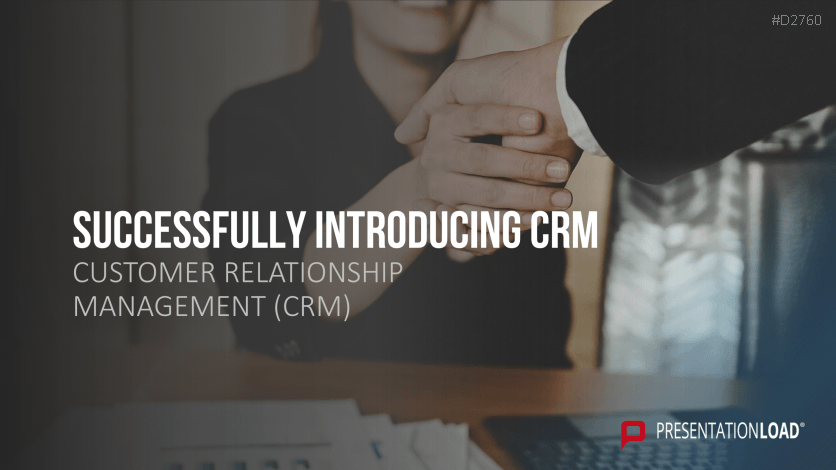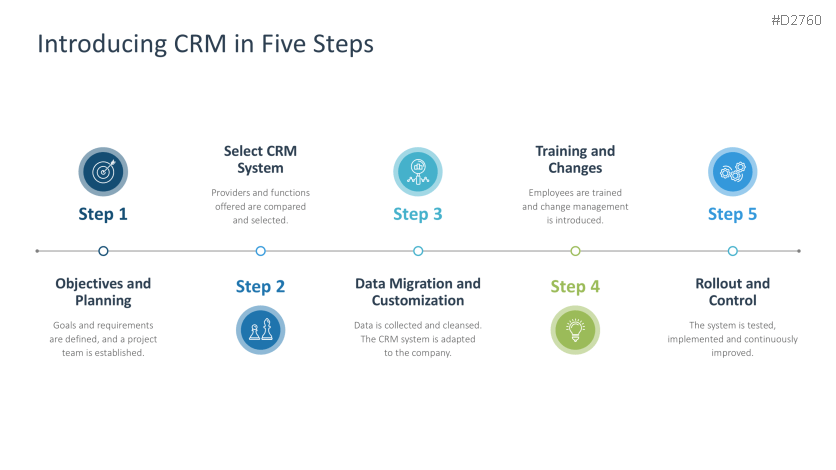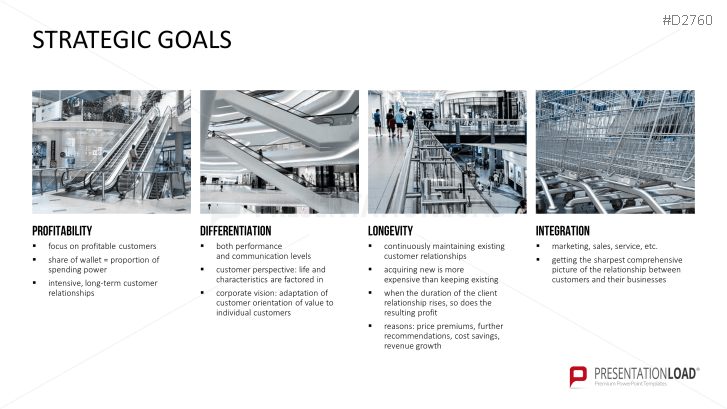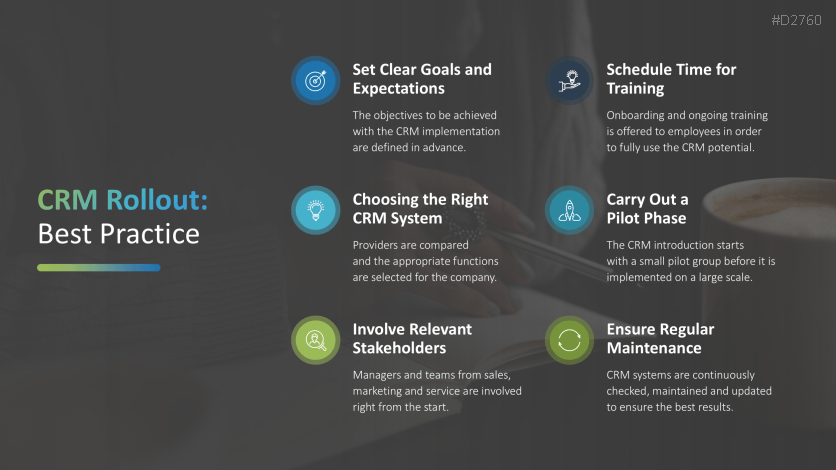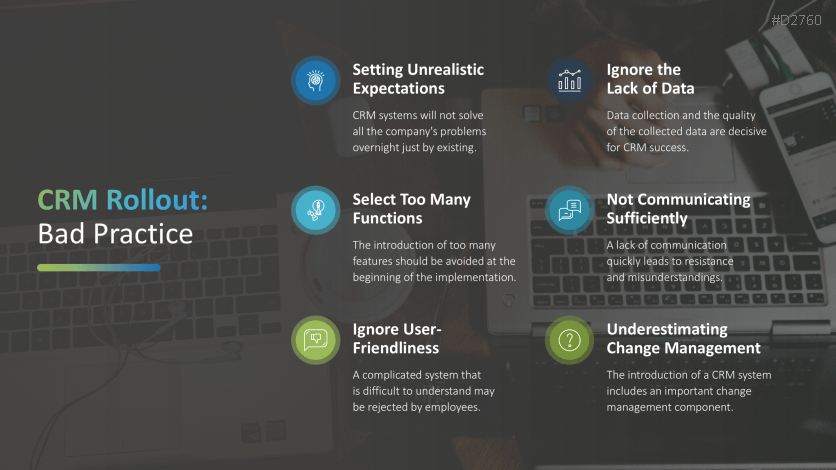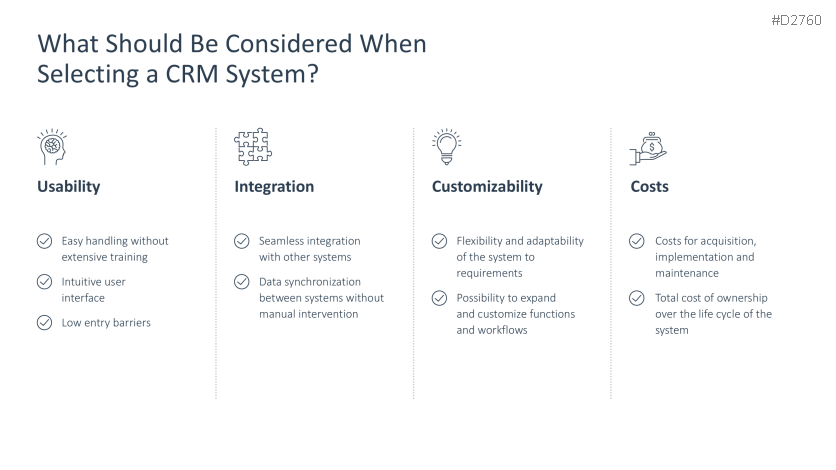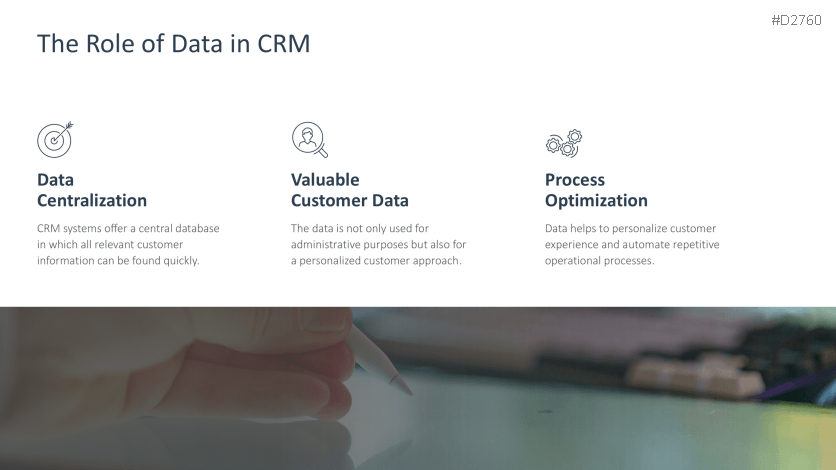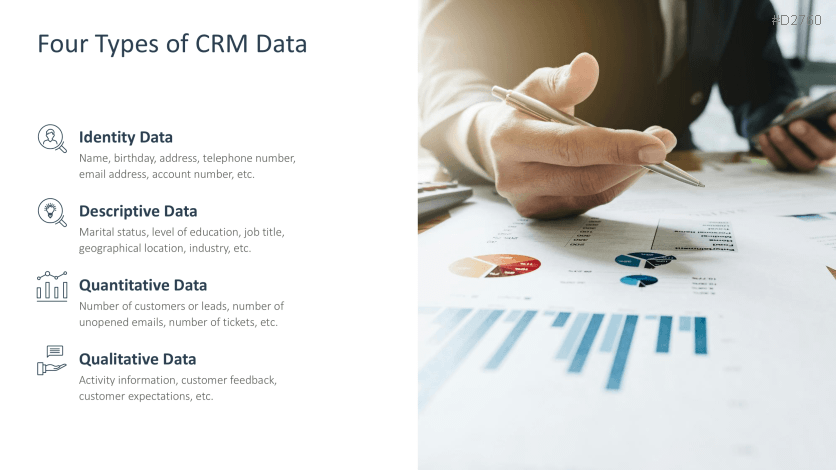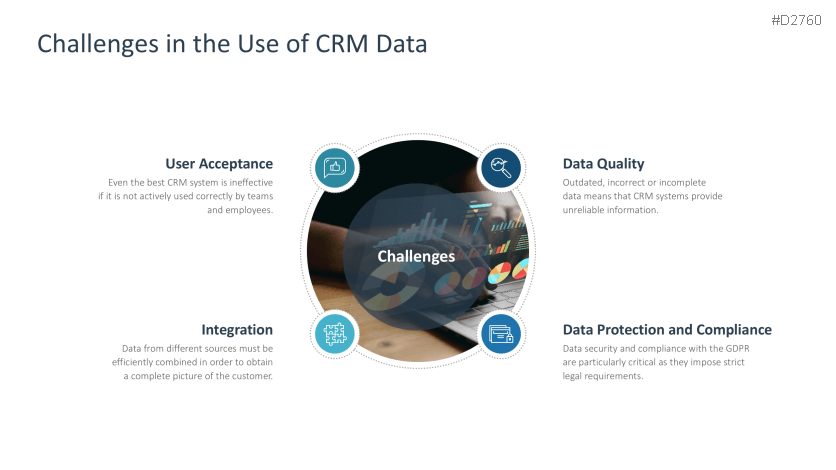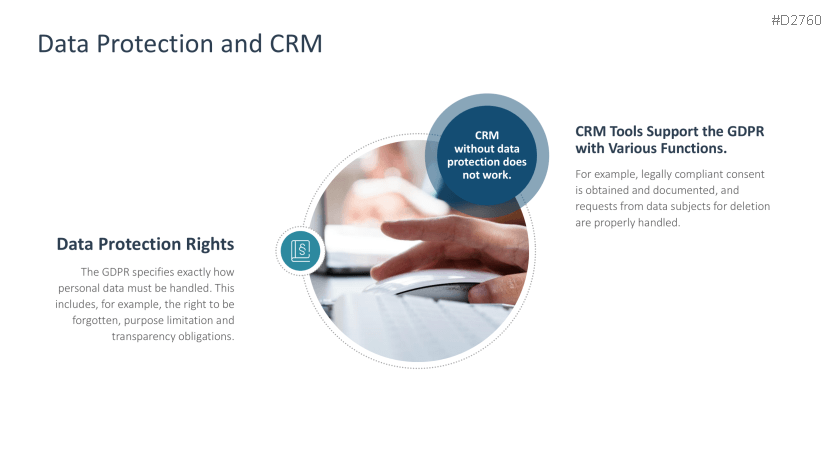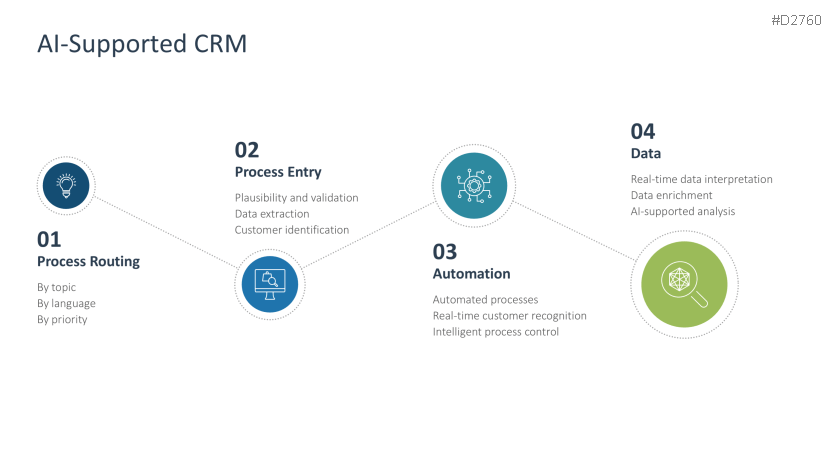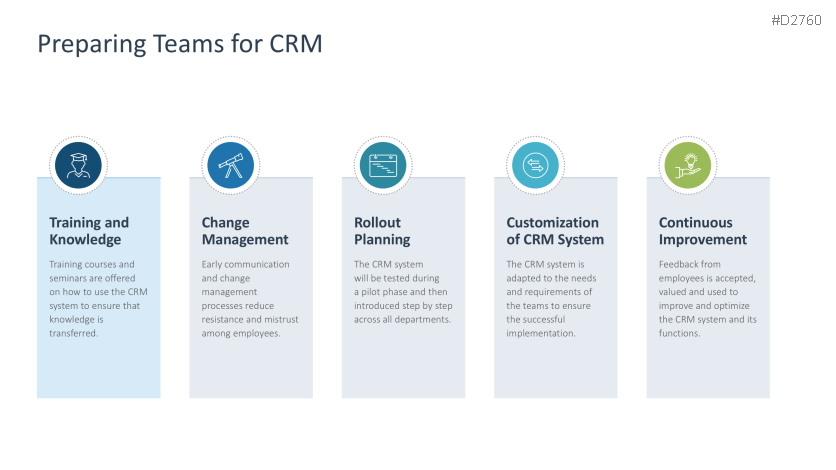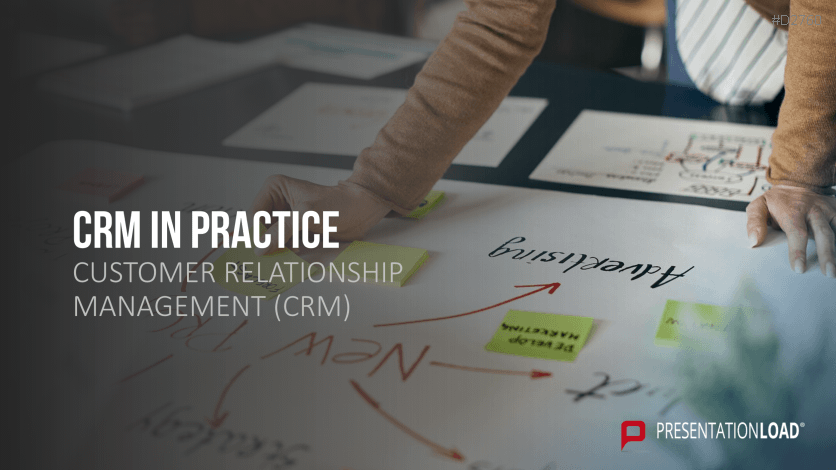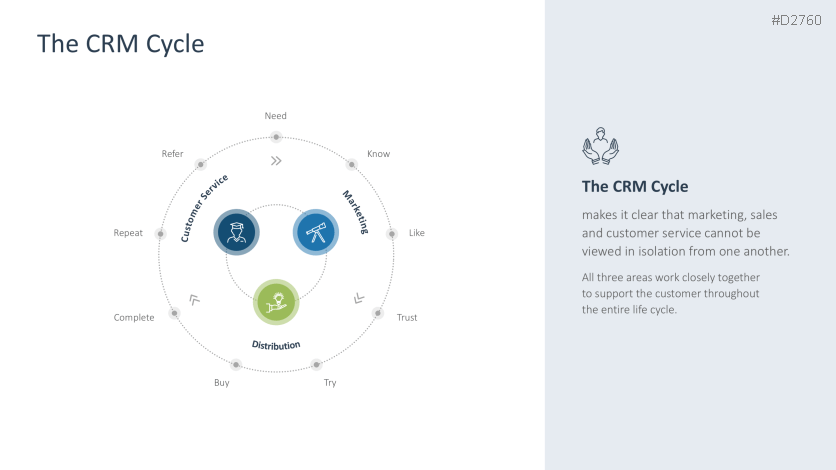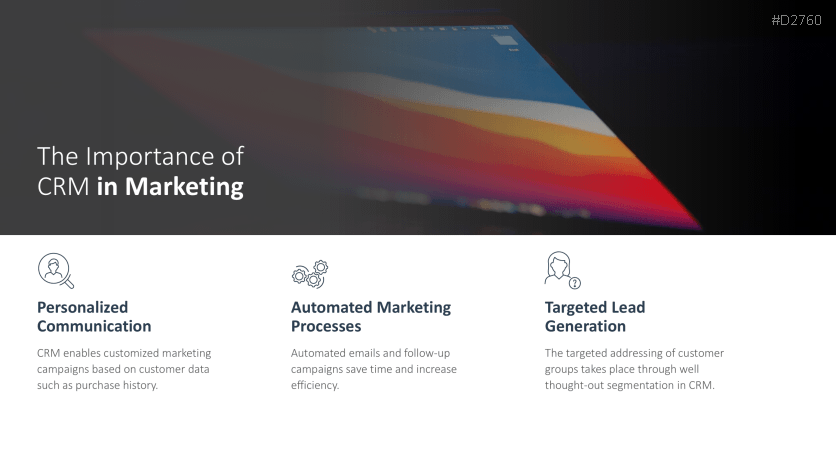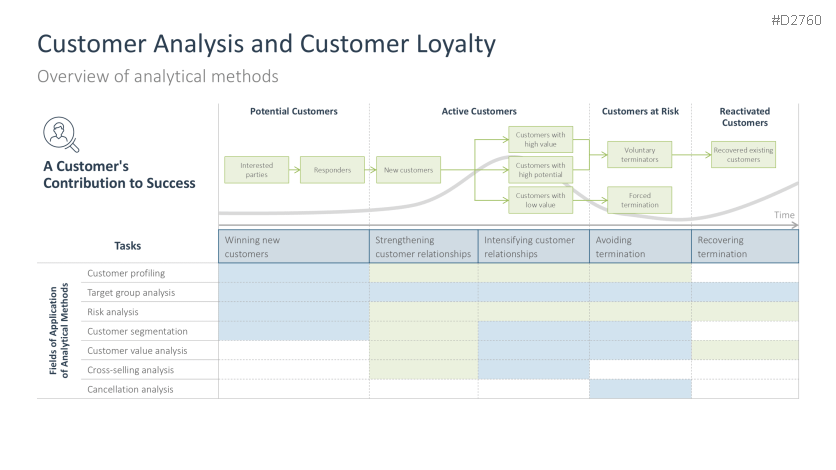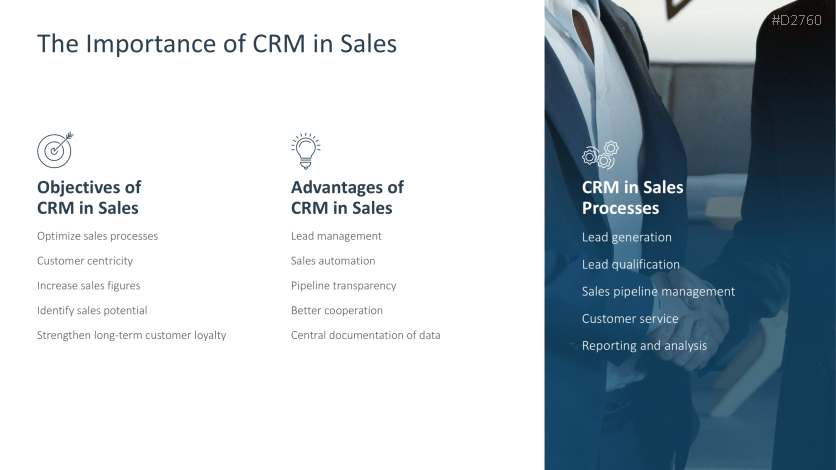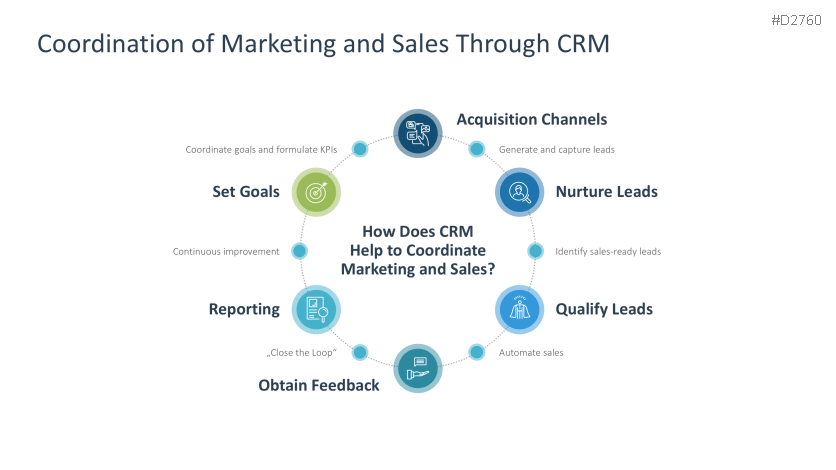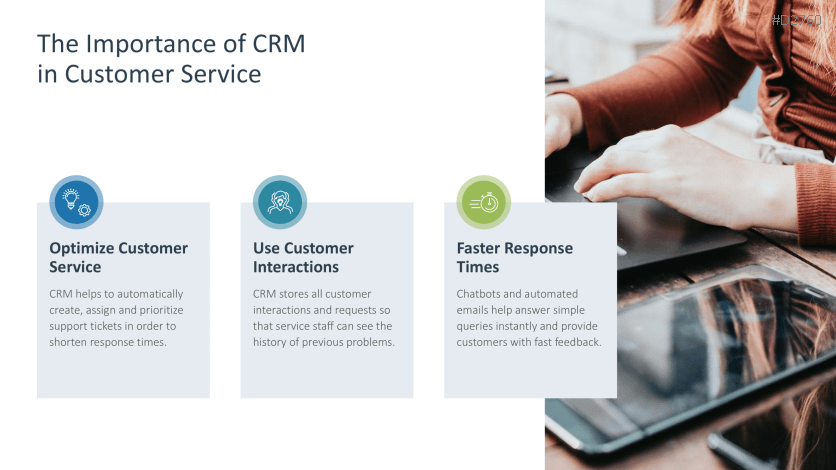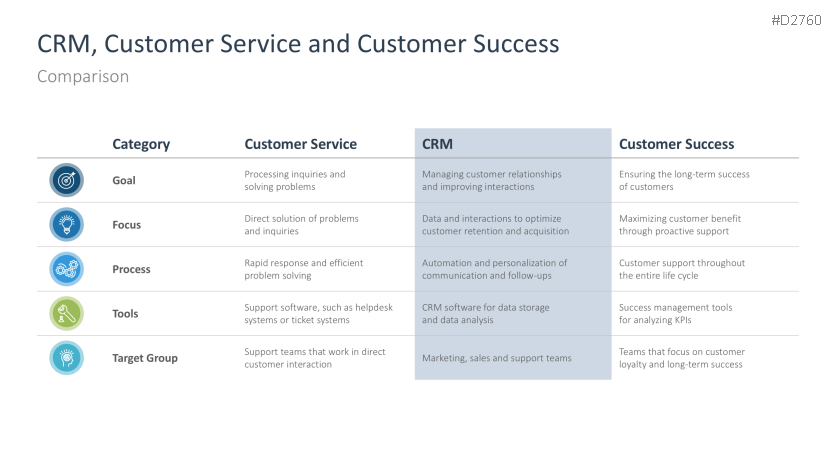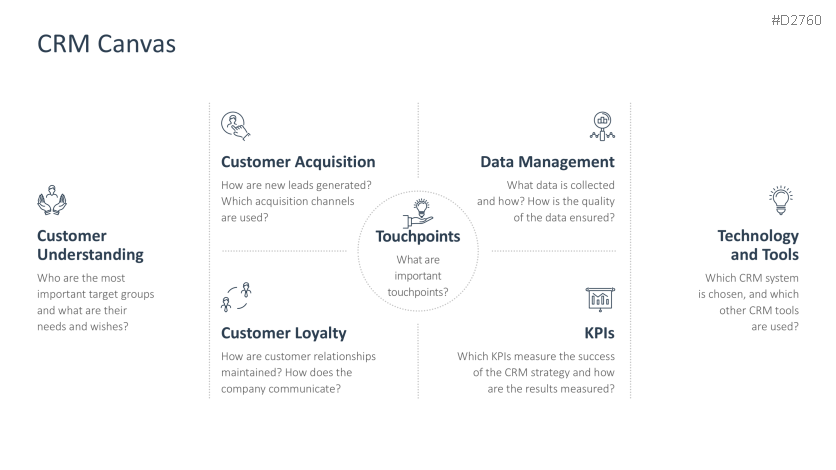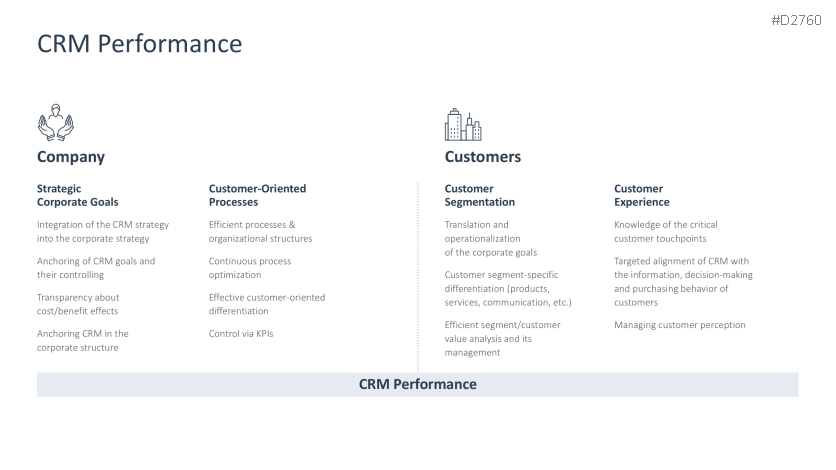
What is Customer Relationship Management (CRM)?
Customer Relationship Management describes the active handling of customer relationships. The aim is to better understand customers, meet their expectations and strengthen the connection to the company. CRM begins with the first contact and accompanies the entire customer life cycle. It is not just about sales, but also about sustainable communication and individual support. A well-implemented CRM creates trust, improves customer satisfaction and supports the economic success of a company. The basis for this is formed by clear processes, a uniform approach and the targeted use of digital systems.
Customer Relationship Management as a philosophy
Customer Relationship Management as a philosophy places people at the center of entrepreneurial activity. It is not just about managing customer relationships, but actively shaping them and developing them in the long term. This attitude shapes the way of thinking throughout the company, from product development to sales and customer service. Those who understand CRM as a philosophy see every contact as an opportunity to build trust and create added value. This creates a culture that sees customer proximity not as a task, but as an attitude. In the long term, it promotes loyalty, differentiation and sustainable growth.
Successful introduction of Customer Relationship Management
Successfully introducing CRM means more than just introducing a new tool. It requires a clear goal, a suitable strategy and the involvement of all relevant areas. Success depends on whether processes are adapted, data is used sensibly and employees are convinced. It is crucial that the CRM system is not seen as a technical solution, but as an instrument for better customer orientation. A step-by-step approach and good support during implementation will create the basis for long-term improvements in sales, marketing and service. It is also important to provide training and practical application examples in order to promote acceptance and confidence in using the system. CRM will only develop its full potential when it is used in everyday life.
Everything about Customer Relationship Management in one template
Our PowerPoint template provides you with a comprehensive overview of all key aspects of Customer Relationship Management. In addition to the definition, strategic classification and an overview of common CRM systems, the template also provides clear practical examples and shows how to successfully implement the system. Demonstrate your expertise and benefit from our professionally designed PowerPoint template, which can be used immediately and customized with just a few clicks. Download the presentation today and communicate CRM knowledge simply, credibly and convincingly.
With the CRM template for PowerPoint you will ...
- present all the important information on the subject of CRM.
- receive important tips and steps for successful implementation.
- demonstrate your expertise with the help of clear presentation slides.
This PowerPoint template contains:
- Quote
- What is CRM?
- Definition
- CRM is more than just software
- Types of CRM
- Who needs CRM and why?
- CRM in various corporate functions
- Strategic tasks of CRM
- Operational tasks of CRM
- Advantages of CRM
- Challenges of CRM
- CRM at a glance
- CRM as a philosophy
- Paradigm shift in CRM
- Customer centricity as a foundation
- The customer as a partner, not as a transaction
- Values of a CRM approach
- Customer centricity as the core of CRM
- CRM and customer experience
- CRM along the customer journey
- The role of managers
- Customer orientation in the team
- CRM systems
- CRM systems as a source of information
- CRM vs. ERP systems
- How does a CRM system work?
- Basic functions of a CRM system
- Architecture of CRM systems
- A comparison of usage models
- Standardized or individual CRM software
- Covering CRM components with CRM system
- Requirements for sustainable CRM systems
- Successfully introducing CRM
- Introducing CRM in five steps
- Detailed CRM introduction
- CRM implementation: best practice
- CRM implementation: bad practice
- Choosing the right CRM system
- The role of data in CRM
- Four types of CRM data
- The challenge of using CRM data
- Data protection and CRM
- AI-supported CRM
- Preparing teams for CRM
- CRM in practice
- CRM cycle
- The importance of CRM in marketing
- Customer analysis and customer loyalty
- The importance of CRM in sales
- Coordination of marketing and sales through CRM
- The importance of CRM in customer service
- CRM, customer service and customer success
- CRM canvas
- CRM performance




